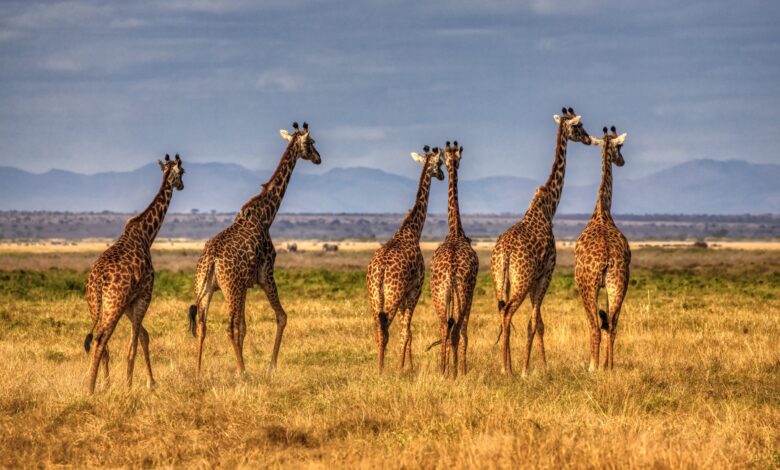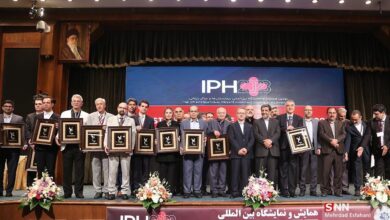Conflicts between humans and wildlife could increase under climate change

Human–wildlife conflict could be amplified by climate change, argues a Progress Article published in Nature Climate Change. The findings demonstrate the need to identify and mitigate future impacts on both human and wildlife wellbeing as a result of climate change.
Human–wildlife conflict involves direct interactions between humans and wildlife, which result in adverse outcomes for one or both parties. The conflict can lead to injury or death, damage to property and loss of livelihood. Climate already acts as an underlying cause amplifying this conflict, by altering wildlife and human distribution, timings and behaviour.
Briana Abrahms and colleagues synthesized evidence of climate-driven conflicts from 49 case studies across 10 taxonomic orders, on 6 continents, and in all 5 oceans. They found that climate-driven worsening of resource scarcity was the most cited ecological mechanism amplifying conflict, cited in more than 80% of case studies. Changing wildlife spatial distributions was also an important factor, present in 69% of the studies. The most commonly reported outcomes of conflicts involved human or wildlife injury or mortality (43% of studies for humans and 45% of studies for wildlife), or loss of food production (45% of studies). They also highlight that many of the studies reported impacts on economically vulnerable human communities. They indicate that conflicts are documented across all continents except Antarctica and involve a range of animal taxa. Examples include drought stimulating tapirs in Mexico and elephants in Tanzania to search for food and water near villages, resulting in crop damage and subsequent retaliatory killings. Similarly, the presence of a marine heat wave elevated the risk of blue whales colliding with ships, by changing their migration timing. The authors suggest these interactions may accelerate the rate at which human–wildlife conflict drives wildlife declines.
The authors urge further research, with concurrent development of proactive and socially just policies that optimize outcomes for both humans and wildlife.
This press release refers to a Nature Climate Change Progress Article, not a Nature Climate Change research paper or article. Progress Articles are reviews focused on new or growing research areas. They are peer reviewed.
source:natureasia





